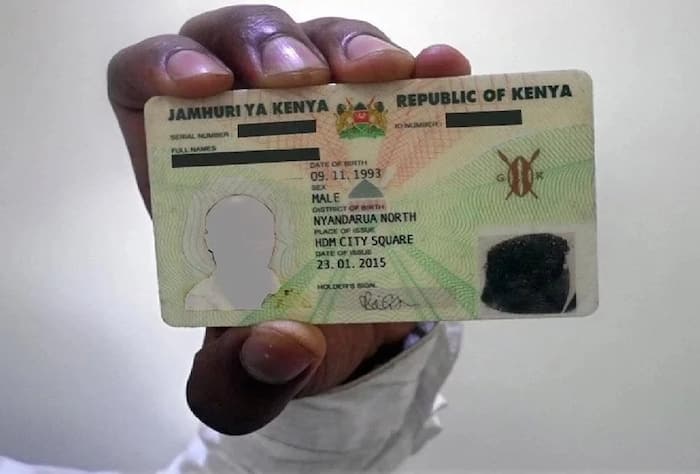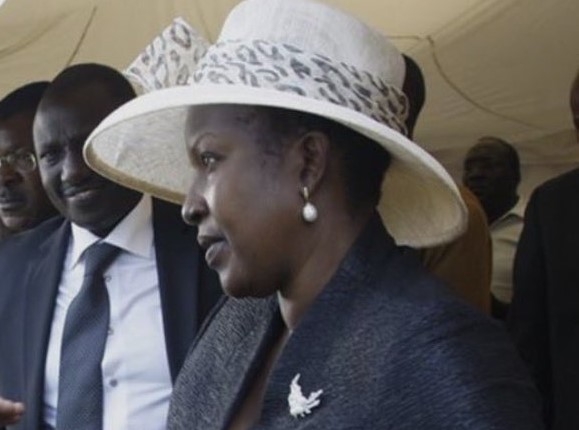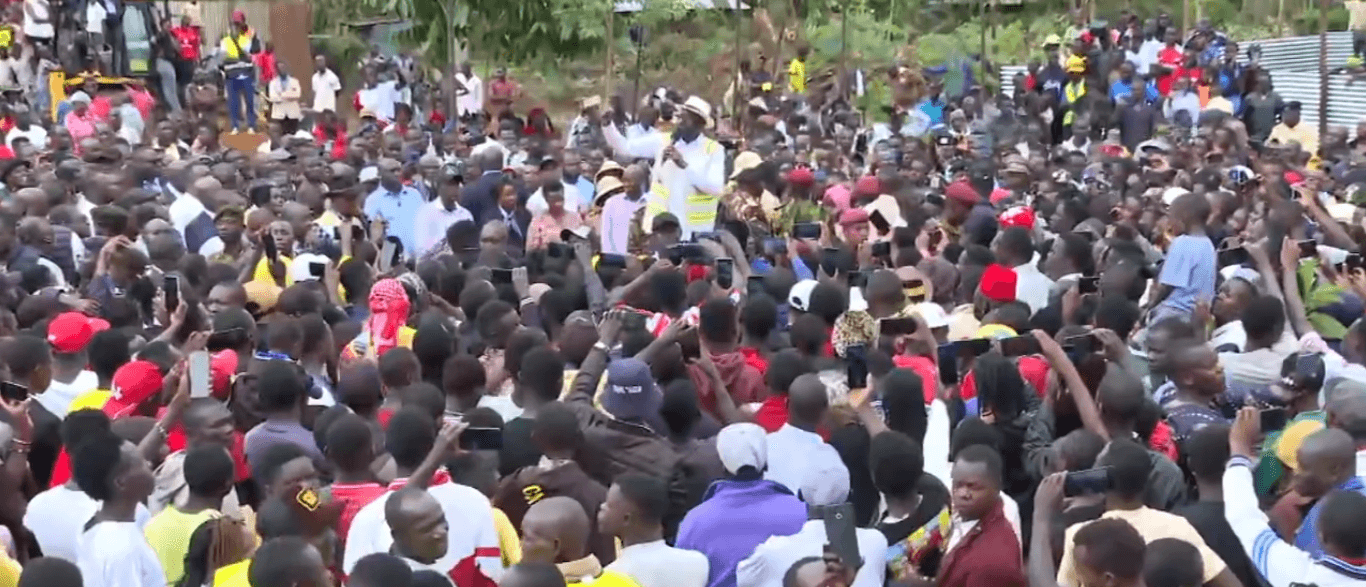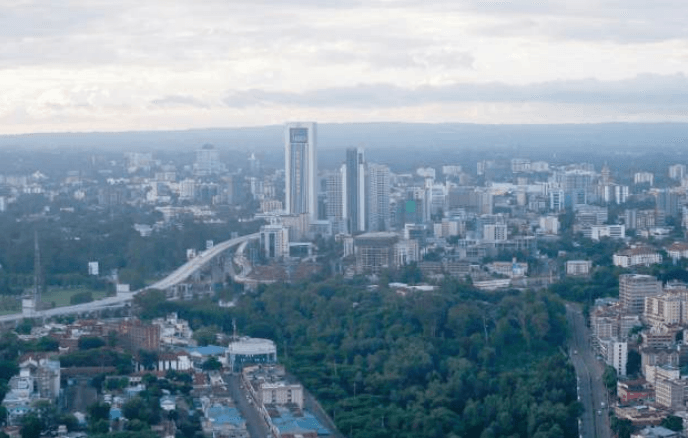
The Immigration ministry now wants Parliament to consider a Sh4.2 billion additional allocation to cushion the state department from effects of the new directive to scrap charges for national identity cards.
President William Ruto had ordered abolition of the Sh300 fee for first-time national ID applications and temporarily suspended the Sh1,000 replacement fee until after the 2027 elections.
Appearing before the National Assembly's Committee on Administration and Internal Security, Immigration PS Belio Kipsang said the funds are critical to cover production costs for six million ID cards projected for issuance this financial year.
The figure includes three million new registrations and another three million replacements of lost or defaced cards.
The PS explained the new figures from last year’s data where they printed about 2.3 million cards, saying the number is expected to climb because of the coming elections.
According to the ministry’s estimates, producing each ID card costs about Sh700, bringing the total budget requirement to Sh4.2 billion.
“Our projection is that we will produce 3 million identity cards and then replace with a similar number and we expect to spend about Sh4.2 billion,” Belio told the Star.
“The cost of the card alone is about Sh400, when you add other expenses, it goes to about Sh700.”
“We are expecting to come to you (MPs) during the deliberations of the supplementary estimate one to request for this money.”
The ministry noted that without the additional funding, the rollout of the free ID initiative could stall, affecting service delivery and national registration targets.
The President announced the abolition of ID charges earlier this year, terming the document a constitutional right rather than a privilege.
Previously, Kenyans were required to pay Sh300 for first-time issuance and Sh1,000 for replacements.
Belio was appearing before the committee chaired by Narok West MP Gabriel Tongoyo to deliberate on budget implementation for financial year 2024/2025.
The PS also attributed the projected increase in the number of IDs to the scrapping of the vetting requirements before one is issued with the vital document.
Most people—especially in border counties—who attained the age of 18 years were locked out by the discriminatory vetting exercise, he said.
Residents from Moyale, Tiaty constituency in Baringo county, Taita Taveta, Homa Bay and Kwale, who were required to undergo vetting, were the most affected, as most deserving Kenyans were denied a chance to get the document.
“For instance, he said in Homa Bay county persons who are 50 years and above have no Identity cards; in Kwale and Taita Taveta people who are 70 years and above do not have the said document; while in Tiaty constituency the situation is even worse,” he stated.
The PS noted that majority of Kenyans have suffered in silence and thus removing the vetting exercise gave them a new opportunity.
“The people to identify the eligible candidates are not the vetting committees but the chiefs. With this we expect more people to acquire IDs. People have suffered for a long time and this will sort out most of our issues,” the PS noted.
Ruto early this year scrapped the 60-year-old vetting requirement terming it discriminatory.











